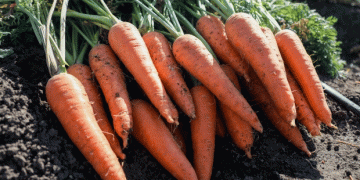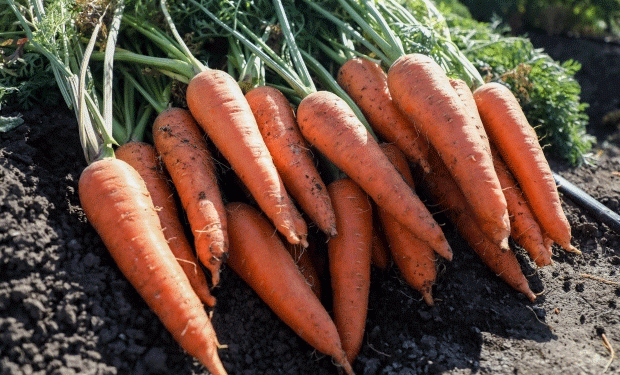In a significant demonstration of cross-border agricultural trade, Russian authorities have successfully facilitated the export of 260 tons of carrots from the Volgograd region to Kazakhstan. The shipment, monitored by the Rosselkhoznadzor (Federal Service for Veterinary and Phytosanitary Surveillance) from October 18-20, 2025, underscores the meticulous processes required for modern agricultural exports. Before the carrots could be dispatched, the owner was issued phytosanitary certificates, confirming the produce complied with all the quarantine requirements of Kazakhstan, the importing country. This process is not merely bureaucratic; it is a fundamental component of building trust in international supply chains and protecting a country’s agriculture from potential pest and disease risks.
The Critical Role of Phytosanitary Certification in Global Trade
The seamless execution of this 260-ton export is a case study in the importance of phytosanitary standards. These certificates, issued after rigorous inspection, serve as a passport for agricultural goods, verifying they are free from regulated pests and diseases. For the receiving nation, this is a primary line of defense. The International Plant Protection Convention (IPPC) estimates that invasive agricultural pests cost the global economy over $220 billion annually in crop losses and control measures. By adhering to strict phytosanitary protocols, exporters like those in the Volgograd region not only gain market access but also contribute to global biosecurity.
This export also reflects the strategic importance of regional trade partnerships. Kazakhstan, as a key regional market, provides a vital outlet for Russian agricultural producers. Successfully navigating the export process for a volume as substantial as 260 tons demonstrates the capacity of Russian producers and regulators to meet international standards reliably. This builds a foundation for future trade, potentially opening doors for other vegetables and agricultural products. The efficiency of the process—with inspection and certification completed within a three-day window—also points to a well-established and streamlined system between the trading partners.
Certification as a Key to Market Access and Agricultural Security
The export of carrots from Volgograd to Kazakhstan is more than a simple transaction; it is a testament to the sophisticated systems that underpin global food trade. It highlights that for farmers and agribusinesses, productivity is only half the battle. The ability to navigate the regulatory landscape and provide verified, safe products is equally critical for accessing profitable international markets.
For agricultural professionals, this underscores the need to integrate phytosanitary considerations directly into production plans. From field selection and pest management to post-harvest handling, every step must align with the requirements of target export destinations. As global trade continues to evolve, this ability to reliably meet international standards will become an increasingly important determinant of success for agricultural regions worldwide.































